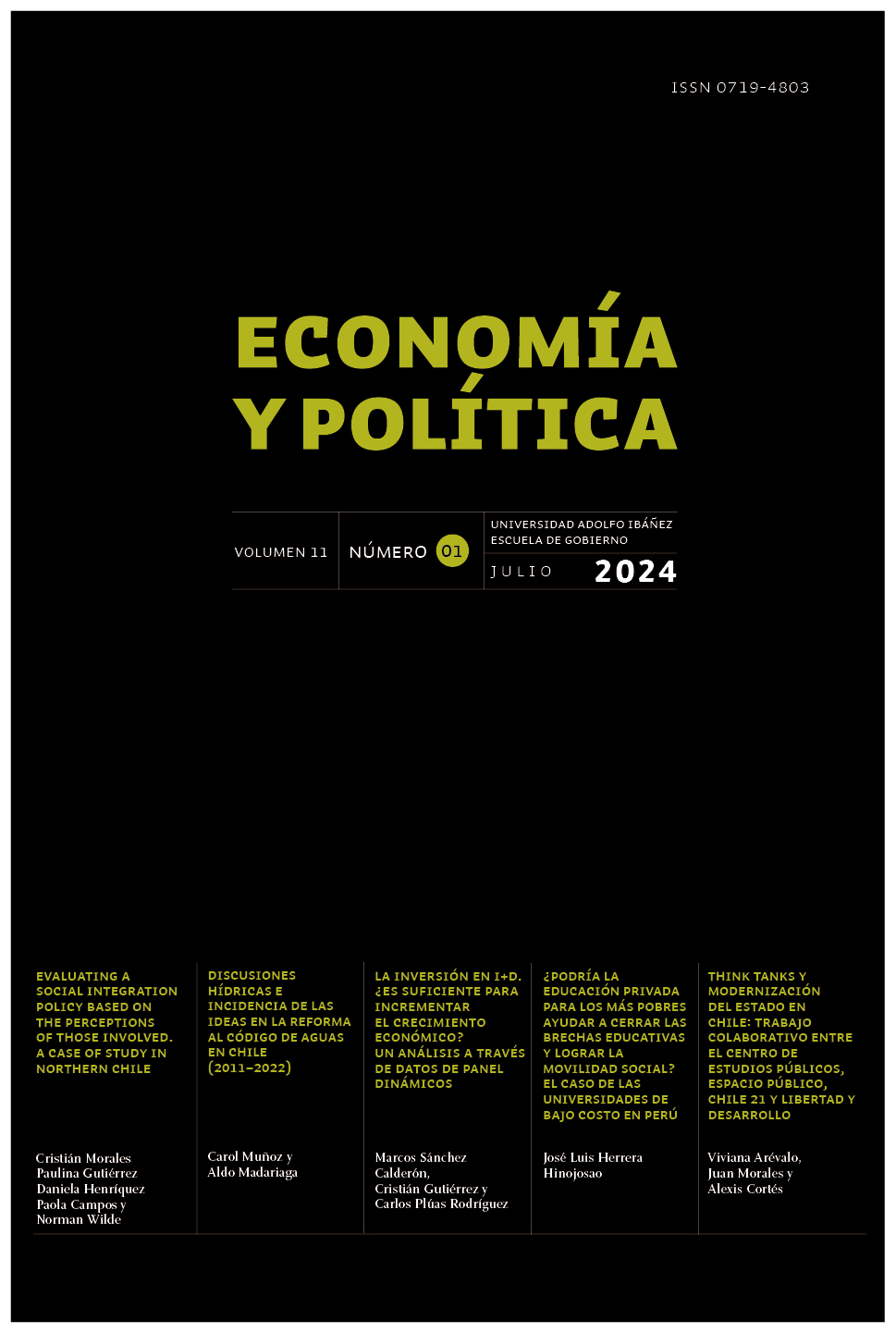Evaluating a Social Integration Policy Based on the Perceptions of Those Involved. A Case of Study in Northern Chile
DOI:
https://doi.org/10.15691/07194714.2024.001Keywords:
Socio-urban segregation, social integration, housing policy, ChileAbstract
Socio-urban segregation remains a relevant issue in Chile. Recent public policies have aimed to address access to housing, its quality, and social integration through the development of residential complexes with regulated proportions of social groups according to socioeconomic status to confront urban segregation. This article discusses a case of study involving a mixed-use building developed through a public “Social and Territorial Integration Program” (PIST) project in Chile’s Coquimbo Region using a parallel convergent mixed-method study. This design involved the simultaneous compilation of quantitative and qualitative data, which were subsequently integrated into the results. The quantitative stage involved a probabilistic survey of residents of the residential complex, while qualitative data were gathered through interviews with key local stakeholders. The findings highlight disparities in satisfaction based on socioeconomic group and reveal the emergence of functional segregation in accessing public and private services.


